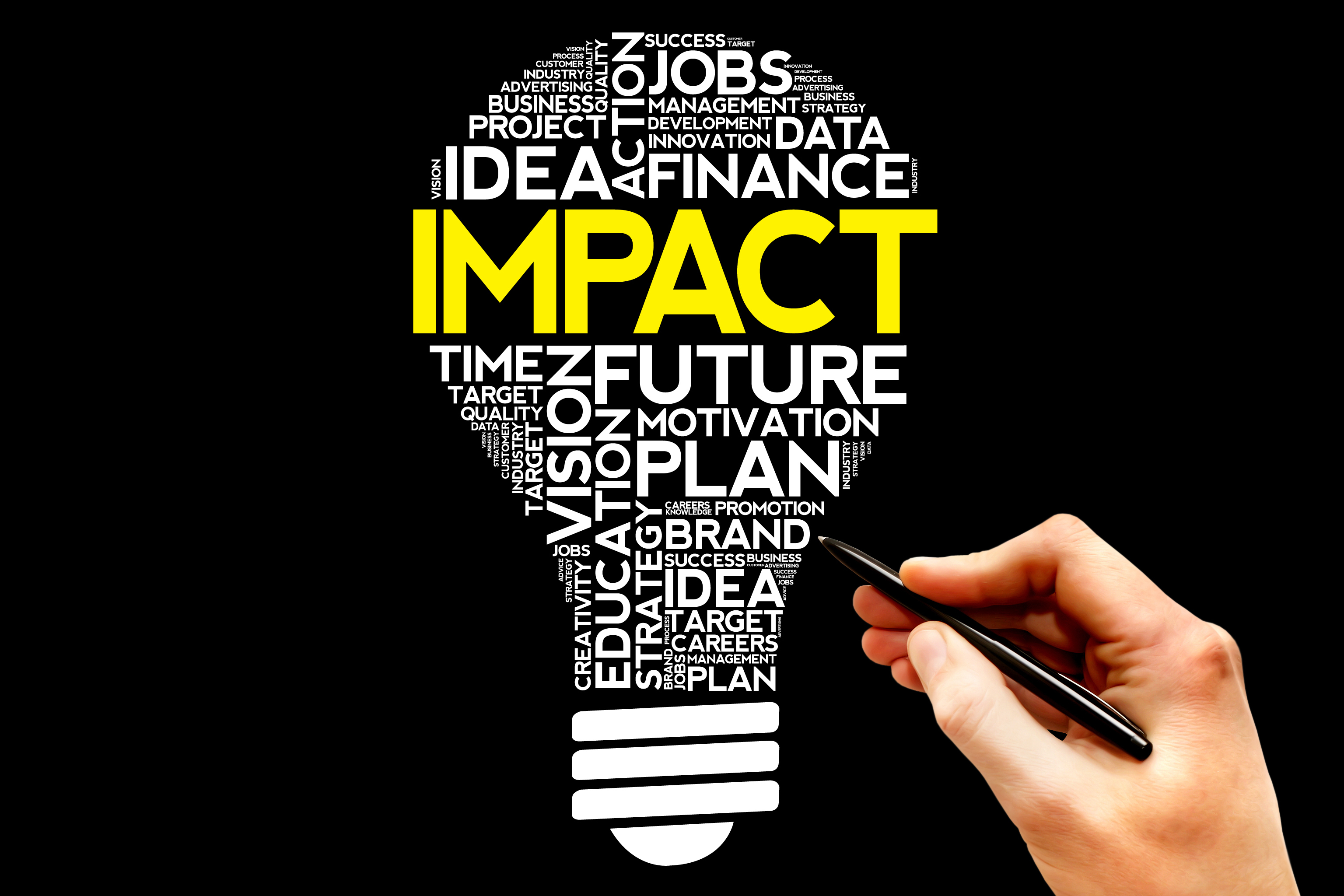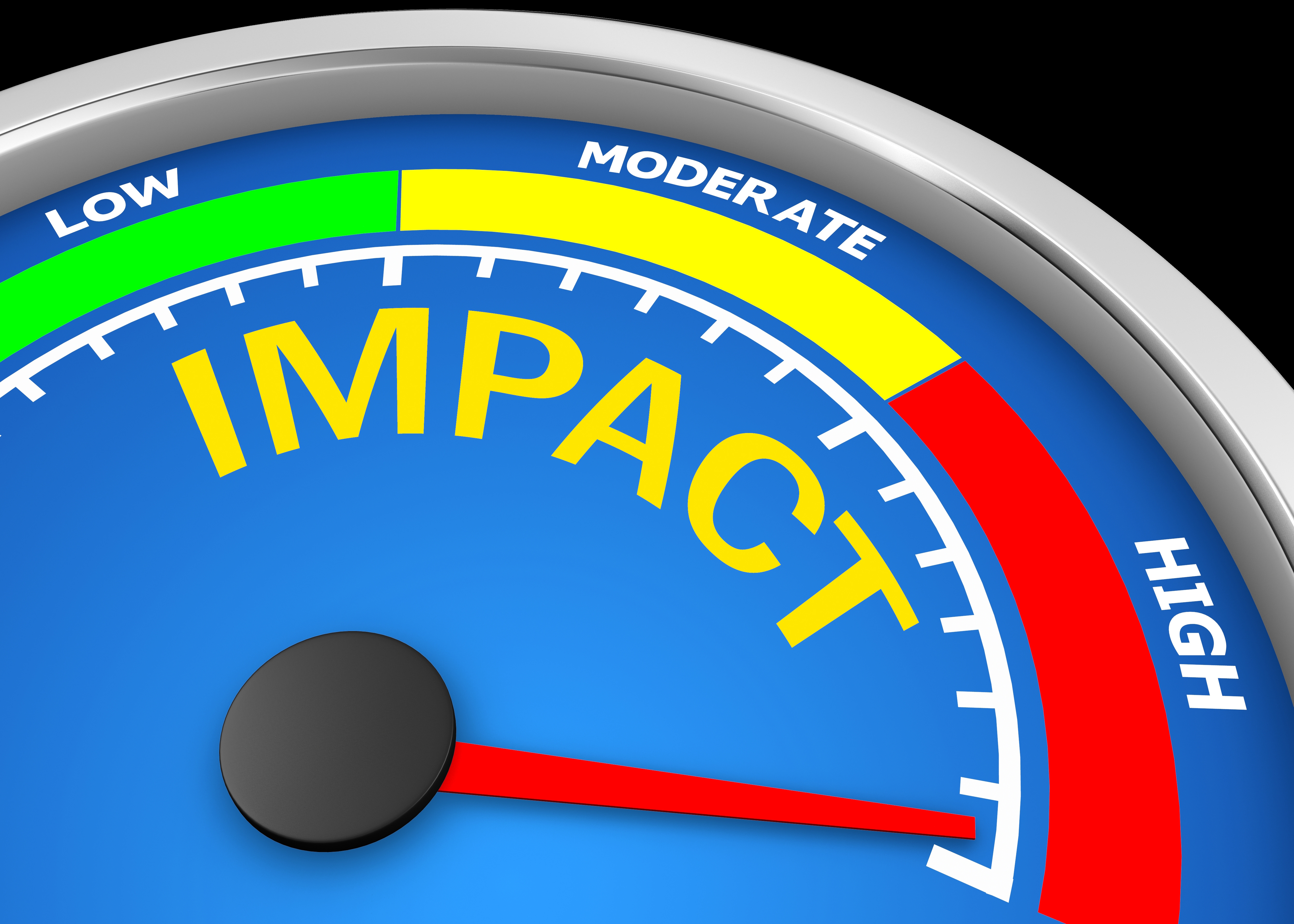Radio, a marvel of early 20th-century innovation, truly changed the world in ways that are still felt today, you know. It wasn't just another gadget; it was a force that reshaped how people lived, how they learned, and how they connected with one another, so it was. The very arrival of sound waves traveling through the air, bringing voices and music into homes, was a striking moment, a powerful effect that touched nearly every corner of society.
Before radio, information moved much slower, like. News traveled by print, or word of mouth, or maybe even by telegraph, which was fast for its time, but not immediate in the way radio could be. Radio, in a way, was a collision of sound and space, bringing distant events right into your living room, basically. It created a shared experience for millions, something quite new for the time, more or less.
This widespread reach and immediate delivery gave radio a unique kind of influence, a very strong effect on daily life, you know. It wasn't just about entertainment; it was about shaping opinions, sharing culture, and even bringing people together during times of great change. Its ability to create a common narrative, to share a moment across vast distances, was, you know, a truly significant development.
Table of Contents
- How Radio Changed Communication
- Radio and Culture
- Radio in Times of Crisis
- Radio's Economic Footprint
- The Lasting Influence of Radio
How Radio Changed Communication
The arrival of radio marked a big turning point for how people talked to each other and got their information, so it did. Before this, messages had to travel physically, or through wires, which, you know, limited how fast and how far things could go. Radio cut through those limits, sending voices and sounds over the air, quite freely, really.
Speed of Information
News, for example, could now spread almost instantly, you know. Instead of waiting for the morning paper, people heard about events as they happened, basically. This immediate sharing meant that everyone could be aware of big happenings at the same time, more or less. It was a powerful way to get information out there, truly, to a very wide audience, too it's almost.
This quick relay of information had a significant effect on how society reacted to things, like. During important moments, people didn't have to wait days to know what was going on; they heard it right away. This immediacy changed how communities responded to events, making reactions more unified, you know, and sometimes quite fast, naturally.
Shared Experiences
Radio also created a sense of shared experience, something quite new for the time, so it did. Families and friends would gather around the radio set to listen to programs together, like. This collective listening formed a bond, a common thread among people, pretty much. Everyone could be listening to the same speech, the same song, or the same dramatic story at the same moment, you know.
This shared experience went beyond just families, really. It connected entire nations, making people feel like part of something bigger, you know. A major speech from a leader, for instance, could reach millions simultaneously, creating a sense of national unity, or at least a common point of reference, basically. This collective attention had a very strong influence on how communities felt connected, and still does in some ways, too it's almost.
Radio and Culture
Beyond just sharing news, radio deeply shaped the culture of its time, and its effects still linger, you know. It introduced new forms of entertainment and, in a way, helped to spread popular trends across different regions, like. This cultural influence was a big part of radio's powerful effect on daily life, pretty much.
Music and Entertainment
Music, for example, found a whole new way to reach listeners, so it did. Before radio, you might only hear music performed live or on records, which not everyone had access to, you know. Radio stations played songs that quickly became popular across the country, making stars out of singers and bands, basically.
This widespread sharing of music meant that cultural tastes started to become more uniform, you know, more shared among people. A song popular in one city could quickly become popular everywhere, truly. Radio also brought stories, dramas, and comedy shows into homes, giving people new ways to relax and be entertained, often together, too it's almost. These programs, like, became a regular part of many families' routines, naturally.
Shaping Public Opinion
Radio also played a big part in how public opinion was formed, you know. Leaders and public figures could speak directly to the people, without filters, basically. This direct connection gave them a powerful way to explain policies, rally support, or even calm fears during difficult times, more or less.
The tone of voice, the way words were spoken, could have a very strong effect on listeners, truly. This direct communication meant that radio could sway public thought in a significant way, you know. It was a new kind of influence, allowing for a more personal connection between leaders and the general population, pretty much. This ability to shape what people thought was, arguably, one of radio's most profound effects.
Radio in Times of Crisis
When big problems arose, or during times of danger, radio often became a lifeline, you know. Its ability to reach many people at once, very quickly, made it an essential tool for public safety and national communication, basically. This role in crisis situations shows another powerful aspect of its influence, so it does.
Emergency Broadcasts
During natural disasters, like storms or floods, radio could give vital information when other systems failed, you know. It told people where to go for safety, what to do, and where to find help, basically. This quick spread of life-saving messages had a direct and very strong effect on keeping people safe, truly.
Even today, in many places, a battery-powered radio is a key item for emergency preparedness, you know. It's a simple, robust way to get updates when electricity is out or internet connections are down, pretty much. This ongoing role in emergencies highlights radio's enduring and practical influence, like, in critical moments.
Wartime Communication
In times of war, radio played a truly significant role, you know. It was used by governments to communicate with their citizens, sharing news from the front lines and keeping spirits up, basically. It also became a tool for propaganda, shaping public attitudes towards the conflict, more or less.
Soldiers overseas could sometimes hear broadcasts from home, which was a powerful emotional connection, truly. For those at home, listening to reports from the war helped them feel involved, or at least informed, about the struggle, you know. Radio's wartime influence was a striking example of its ability to unite a nation, or to divide it, depending on how it was used, so it was.
Radio's Economic Footprint
The rise of radio didn't just change how people communicated or entertained themselves; it also created a whole new industry, you know. This new industry had a very strong effect on the economy, creating jobs and new ways for businesses to reach customers, basically. It was a significant shift in the commercial landscape, pretty much.
Advertising and Commerce
Radio quickly became a powerful platform for advertising, so it did. Businesses could now reach a huge audience with their messages, telling people about their products and services, you know. This new way of advertising had a big impact on how companies sold things, making it possible to build national brands, basically.
Commercials on the radio encouraged people to buy, creating more demand for goods, truly. This, in turn, helped industries grow and created more jobs, you know. The money from advertising also funded the radio stations themselves, allowing them to produce more programs and reach even more listeners, like. It was a cycle of influence that benefited many parts of the economy, pretty much.
Job Creation
The radio industry itself created many new types of jobs, you know. There were engineers to build and maintain the transmitters, announcers to host the shows, writers to create the scripts, and sales people to sell the advertising time, basically. These new roles meant opportunities for many people, truly.
Beyond the direct jobs in broadcasting, there were also jobs created in making radio sets, you know, and in selling them in stores. This ripple effect meant that radio's influence spread far and wide through the job market, providing livelihoods for countless individuals, more or less. It was a testament to the powerful economic effect a new technology could have, naturally.
The Lasting Influence of Radio
Even with so many new ways to get information and entertainment today, radio still holds a special place, you know. It continues to be a reliable source for news, music, and companionship for many people, basically. Its long history shows just how deeply it has shaped our world, truly.
The principles that radio introduced – like instant broadcasting and reaching a wide audience – have influenced every new form of media that came after it, you know. From television to the internet, the idea of a central source sending information to many receivers owes something to radio's early innovations, pretty much. It was, and still is, a powerful and significant part of our communication story.
Think about how an "impact" can be a physical striking, or a strong influence, or even a big event, as we discussed earlier, you know. Radio, in its own way, was all of these things. It struck society with new possibilities, it strongly influenced culture and communication, and its arrival was, arguably, a big event on a similar level to other major turning points in history, so it was. It truly set the stage for how we experience media today.
To learn more about how communication has changed over time, you can explore other topics on our site, like the history of media. Also, you might find more interesting details on how technology shapes society by visiting our page on digital trends.
For more insights into the history of broadcasting and its broader societal effects, you can look at resources like the Encyclopedia Britannica's entry on radio, which offers a good overview, you know.
Frequently Asked Questions About Radio's Influence
How did radio change daily life for ordinary people?
Radio brought entertainment and news directly into homes, so it did. People could listen to music, stories, and live events without leaving their houses, basically. This created shared family moments and made information more accessible to everyone, you know, pretty much changing how people spent their evenings and got their updates.
What was radio's role during major historical events?
During big events like wars or economic struggles, radio became a key source of information and comfort, you know. Leaders used it to speak directly to the public, and people relied on it for updates and instructions, basically. It helped to unite nations and spread important messages very quickly, truly.
Does radio still matter in the age of the internet?
Yes, radio still matters, you know. It remains a very reliable source for local news, traffic updates, and music, especially in cars or during emergencies, basically. Many people still enjoy the live, spontaneous nature of radio broadcasts, and it continues to be a popular medium for many listeners, pretty much, as of late 2023.



